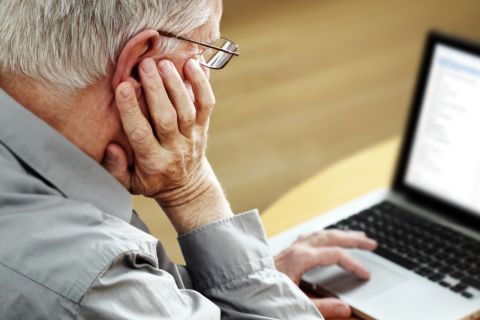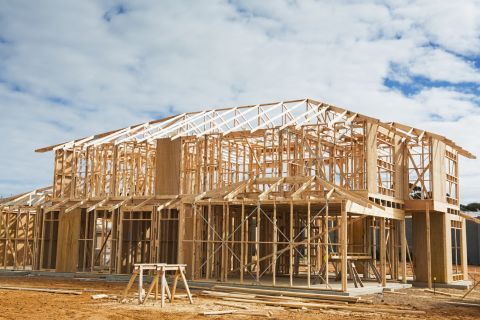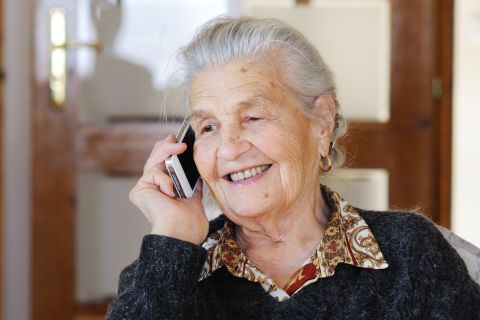Tackling the loneliness epidemic
Combatting loneliness is a national and personal challenge. Could we learn from this overseas initiative?

Where to find support
Lifeline has a toolkit here that offers some practical advice for things you can do to prevent loneliness from being a problem.
If you, or someone you know, is having suicidal thoughts and is in immediate danger, call triple zero (000). For help and support, call Lifeline on 13 11 14.
If you're an Aboriginal and/or Torres Strait Islander person and feeling down or no good, call 13 92 76 to speak with an Aboriginal or Torres Strait Islander support worker.
If you need to talk to someone about your mental health, call Beyond Blue on 1300 22 4636.
Contact QLife for counselling and referral service for LGBTIQ+ individuals on 1800 184 527 or chat online.
Learn how to start exercising.
One in five older Australians feel loneliness, which especially affects those aged 75 and over.
That figure increases for older people living in aged care facilities, where up to 61% of residents report feeling lonely.
But loneliness isn't just a psychological issue; it can impact your physical health. The recent Royal Commission into Aged Care also highlighted loneliness among aged care recipients as an urgent issue.
Internationally, governments have recognised loneliness as a major health and social issue. In 2023, the World Health Organization launched a commission on social connection, months after the US surgeon general, Dr Vivek Murthy, described loneliness as an epidemic on par with tobacco use.
The United Kingdom and Japan have dedicated loneliness ministers, while many countries – the UK, Ireland, and Denmark among them – have national plans to tackle loneliness.
South Korea has come up with a novel approach to this loneliness epidemic.
In Seoul, there were more than 3,600 “lonely deaths” – people who died alone and remain undiscovered for extended periods – in 2023.
Late last year, the city’s mayor, Oh Se-hoon, launched the “Seoul without loneliness” initiative – a five-year program costing about A$125 million.
According to The Guardian, Mr Oh drew a connection between low happiness levels, high suicide rates, and depression, noting that they “are all related to loneliness”.
The Seoul strategy includes “mind convenience stores” – places where residents struggling with loneliness can sit in comfort, enjoy a simple meal, watch a film, or just spend time in company. People don’t have to talk but counsellors are available for deeper support.
The concept is inspired by Pyeonuijeom, the convenience stores that are a neighbourhood fixtures where people drop in throughout the day to buy snacks or drinks.
One frequent visitor, Lee Won-tae, 51, said the centre is part of his daily routine.
“I don’t have many close friends,” he said. “I walk a lot, but when I go too far, it gets difficult. I come here, take a break, then keep going.
“Just being able to rest in a place like this feels more right for me.”
Volunteer counsellor, Lee In-sook, said the centres attract middle-aged people facing economic difficulties and forced retirement, and older people who struggle with poverty and health issues.
“Some people come here and won’t talk to strangers at first,” she said. “But gradually, as they get familiar with the space, they start to feel comfortable sharing.”
For Ms Lee, the centre provides something that’s missing from more formal services: genuine human connection.
“That’s something money can’t buy.”
Related reading: The Guardian, Health Direct, Monash
Disclaimer: This article is for information purposes only and should not be considered medical advice. Consult a healthcare professional about any health concerns or before making any changes to your medication, diet, or exercise routine.





